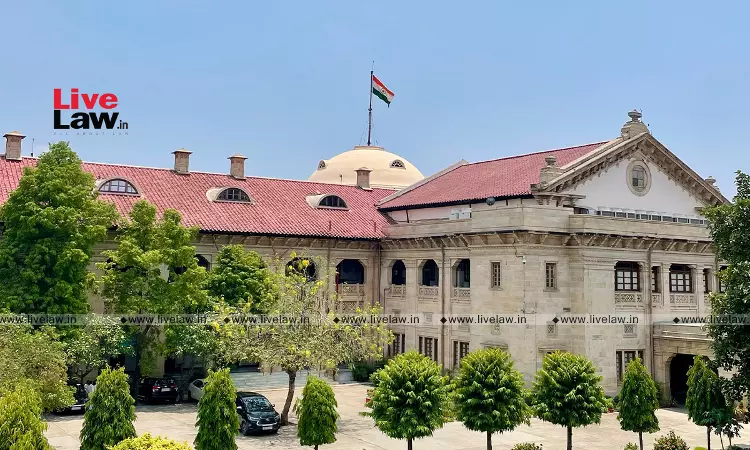Hindu Father Bound To Maintain Unmarried Daughter As Per S. 20 HAM Act If She Is Unable To Maintain Herself: Allahabad HC
Sparsh Upadhyay
14 Aug 2024 3:48 PM IST

Next Story
14 Aug 2024 3:48 PM IST
The Allahabad High Court has observed that Section 20 of the Hindu Adoptions and Maintenance Act, 1956, casts a statutory obligation on a Hindu man to maintain his daughter, who is unmarried and unable to maintain herself out of her own earnings or other property. “Section 20(3) of Hindu Adoptions and Maintenance Act, 1956 is nothing but recognition of principles of Hindu Law...
